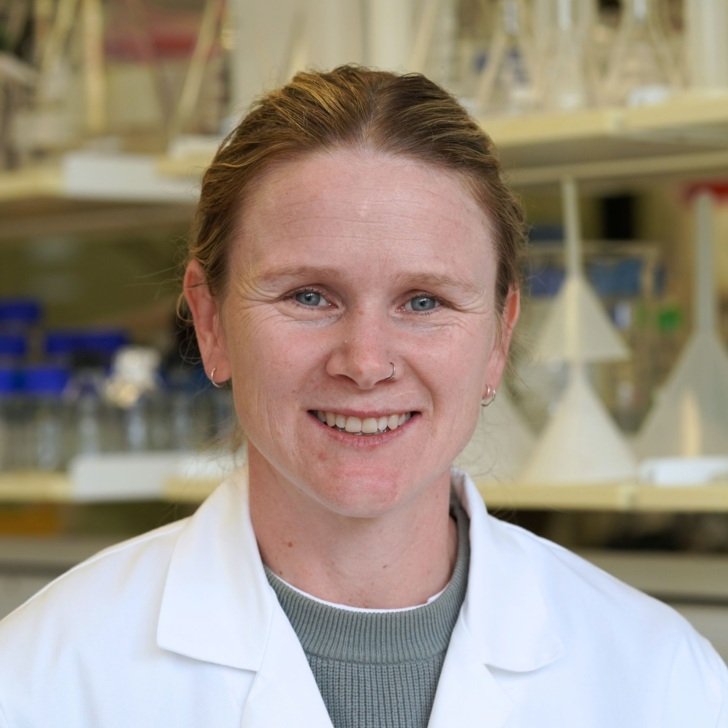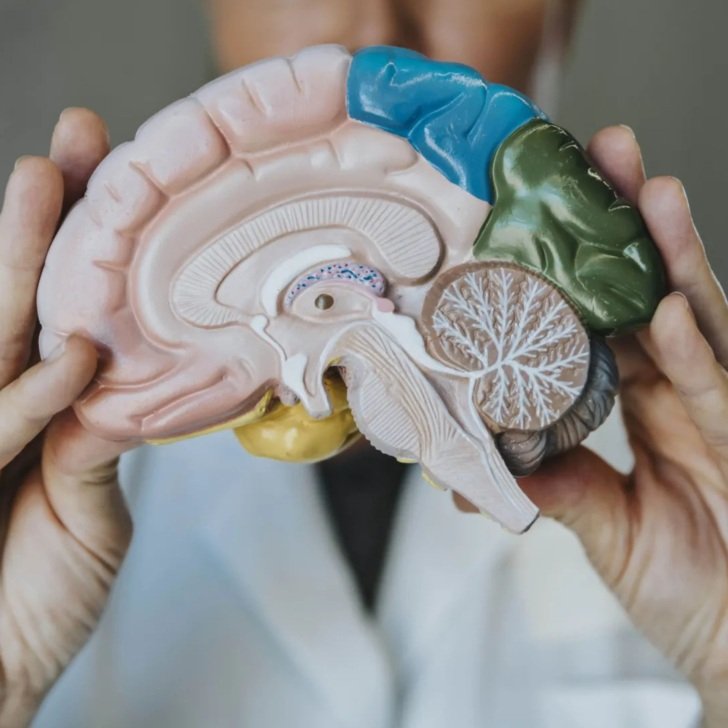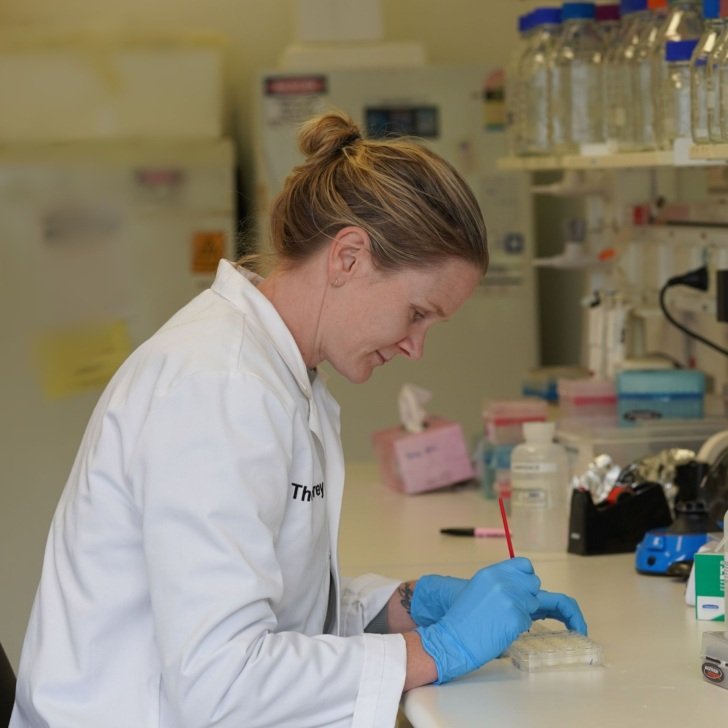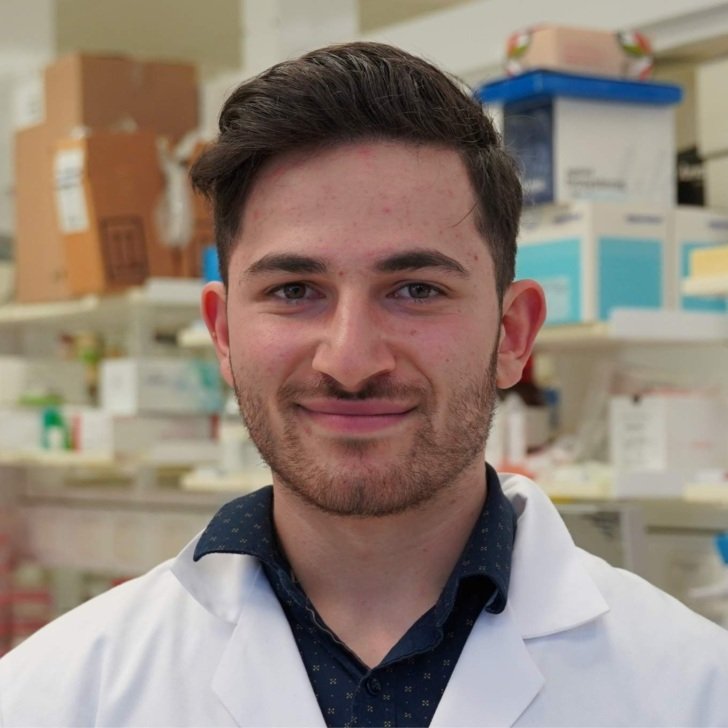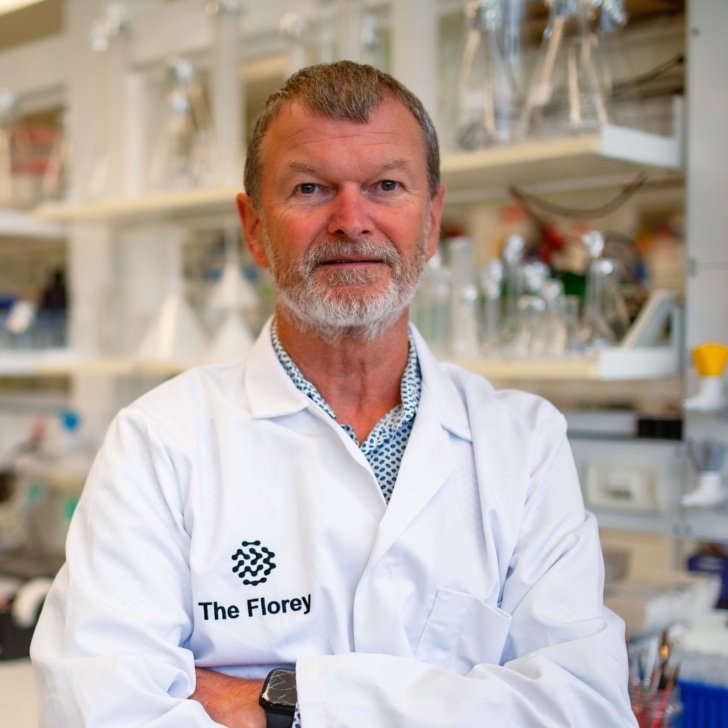
Mental Health Research Priority
Creating a better quality of life for people with mental health conditions
There is a clear and pressing need to accelerate research into chronic mental health conditions to improve the lives of people that live with them. Despite its widespread impact, we still don’t know enough about the biological basis for these complex mental illnesses.
This fundamental knowledge is key to achieving better mental health care – from accelerating much-needed medical breakthroughs, to advancing our understanding into the causes to reduce stigma on what it means to have a chronic mental health condition.
The Florey’s neuroscientists are working globally with research collaborators, clinical partners and hospitals to bridge the gap between research in the laboratory to patient care, and to discover and develop improved treatment options for people living with chronic mental health conditions.
Focus areas
Mental health research at The Florey is grounded in discovery science that addresses clinical needs to drive translational impact. We focus on three key pillars:
- Addiction and substance use disorders
- Mood and anxiety disorders
- Schizophrenia
These conditions are among the most disabling worldwide, and urgently require new approaches. Leveraging our deep expertise in brain biology, therapeutic development and clinical partnerships, we are working to:
- accelerate our understanding of how the brain is impacted by chronic mental health conditions
- improve the quality and number of treatments available to people living with mental illnesses
- build knowledge on the causes of schizophrenia and psychosis to develop new treatment options
- deepen our biological understanding of addiction and substance use disorder
- advance insights into the workings of emerging rapid-acting treatments for depression and mood disorders.
Conditions and diseases we study
Research impact
Hunger hormone may drive female binge drinking
Florey research has shown that a hormone that makes us hungry may also drive excessive alcohol consumption in women.
Dr Leigh Walker, Florey Deputy Head of Mental Health Research, investigates the neurobiology of decision-making, particularly in relation to anxiety and addiction.
“There is a growing body of evidence that female and male brains are fundamentally different. We are working to understand these differences with the goal of providing tailored treatments for women, and people assigned female at birth, with alcohol use disorder,” Dr Walker said.
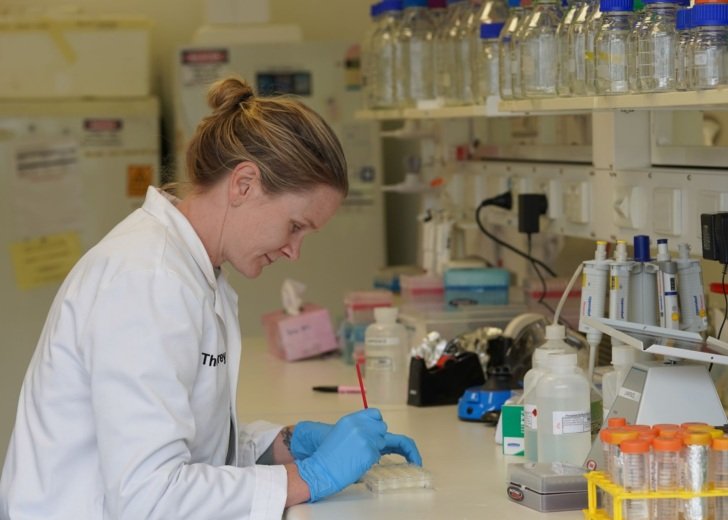
Stories that drive the search for better treatments
Schizophrenia is a devastating illness that affects how a person thinks, feels and behaves. Some people who develop schizophrenia will recover completely, while others will find treatment that helps alleviate its debilitating symptoms.
However, roughly 30% of people with the illness live with schizophrenia that remains resistant to treatment, highlighting the need for new therapies and further research.
Sally Beavis, whose life journey with schizophrenia inspired her to write a memoir and support The Florey’s work, knows the importance of better treatments for mental health conditions.

Key projects
Sex differences modulating anxiety and binge-drinking behaviours
Alcohol use disorder (AUD) is a growing women’s health issue. Within Australia alone alcohol leads to 15 deaths and 430 hospitalisations daily and costs the economy around $36 billion each year.
This project investigates the neurobiology of binge drinking and anxiety-like behaviours in male and female mice. We use novel neuroscience techniques including RNAscope, confocal microscopy, viral mediated neuronal knockdown and calcium imaging (fiber photometry) to answer these questions.
Towards new treatments for cognitive symptoms in schizophrenia
Cognitive symptoms in chronic mental health conditions like schizophrenia are associated with poor functional outcomes, low recovery rates, and poor quality of life. Identifying and understanding the neural processes that are disrupted and underlie the cognitive and behavioural symptoms remains a challenge. This project will investigate treatment approaches to restore cognitive and neural deficits.
Research groups
Find out more about the research groups studying mental health at The Florey.

